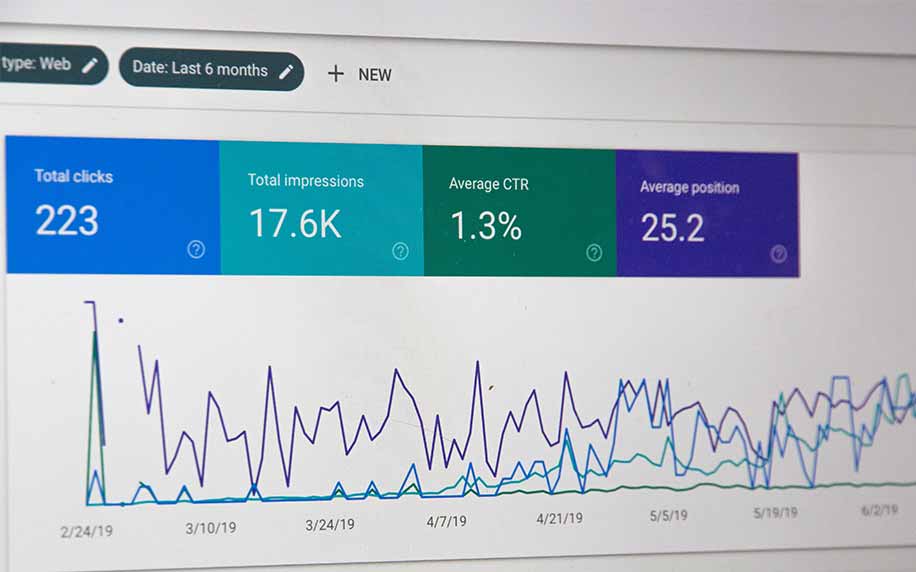Have you ever tried Googling your article only to find it on the 10th results page? The content was great – what possibly went wrong? There are a lot of factors in play when it comes to the search engine ranking you further up the results stream. It’s not just about the information in your content – how you display it is equally important.
There are many SEO checklists, including content length, that could help you get on the good side of search engines. You might think of these guidelines as unnecessary shackles, but they are there to help. Search engines collect reader statistics to study the effect of parameters like the content length.
The collected data helps the search engine learn more about what the readers want and rank your content more accurately.
No one can say there is a word count that’s ‘one size fits all’. That being said, there is an ideal length for each article to make sure it is as relevant as it needs to be to fulfil the user’s search intent, and with some tips, yours can get close to this length with ease.
Table of Contents
Content Length: Statistics and Studies
A search engine’s job is to scour the Internet and show you the results most relevant to your search. It’s important to remember that Google doesn’t make the rules, but they’re really good listeners in knowing what most readers want. To please search engines, you need to know too. So, what does the reader want?
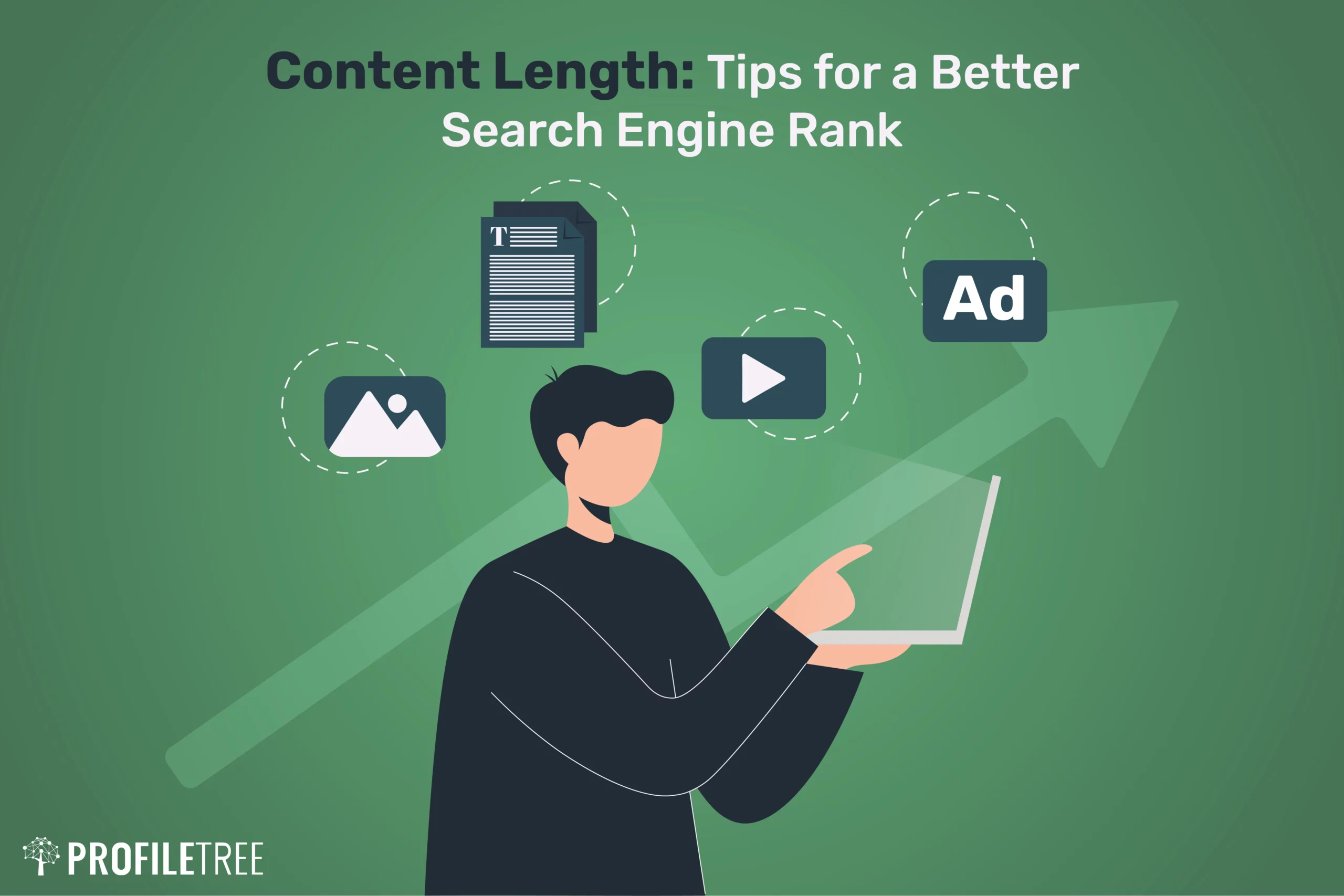
A study made by Medium suggested that the optimal content length is 7 minutes, but what does that mean? 7 minutes is roughly a little over 1700 words. This number is shocking because it was widely believed that readers get bored reading articles over 500 words, and the optimal word count was presumed to be between 500-700 words.
They concluded by ignoring which articles got more clicks and clocking the average time spent on each article. Then, they plotted the average against article length in minutes. The results were a curve that peaked at 7 minutes. This result suggests that more isn’t always better because articles of 8 or 9 minutes’ length had less time spent on them.
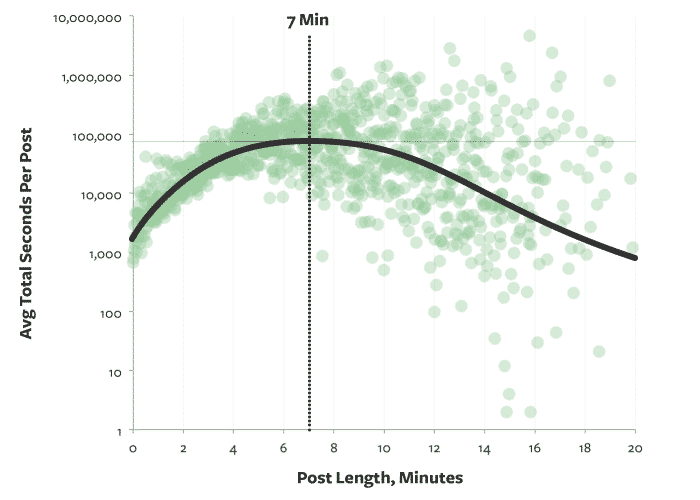
Ideal Content Length
Does this mean that you should stretch out your content to 1700+ words? It’s still not that simple. It’s all about what kind of content you provide. If you’re looking for a simple answer to a simple question, you don’t want to be directed to a 2000-word article, and Google knows this. What this study shows is that you shouldn’t be held back by a presumed short reader attention span.
You need to categorise your writing and adjust the content length accordingly. If your content is about tackling a single answered question, it should be brief and to the point; there is no need to drag out the question and confuse the reader. However, if you’re writing an article on a certain study with many aspects, it’s better to cover every aspect of the study, which means more words.
A reader’s attention span is as long as you’ll let it be. If your content is engaging enough, readers will gladly follow you through a 2000-word article. Most Internet users are hungry for long articles, as studies show, but they are even more hungry for quality content.
Studies show only the average of all users but not the whole picture, and search engines know this. Google ranks your articles on quality, not just quantity, so a keyword-dense, long article isn’t all it takes to please their constantly updating algorithms.
Content Length: Other Parameters
Content length isn’t just about the overall word count, but you’ll need to optimise each component of your article to please the viewers and show search engines you mean business. There is no way to cheat your way to the top regarding search results. However, there are a few things to keep in mind always as a backbone to build your article on.
Title Length
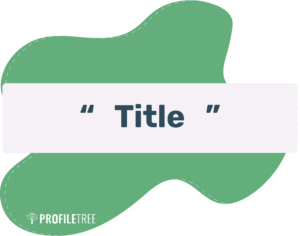
The average person remembers the first 2-3 words and the last 2-3 words of a title, give or take; this places the ideal title around 6 words. Make sure that there is a place for your content’s keyword in the title that makes search engines very happy with you, as well as lets the reader know you have what they’re looking for. What good is an article ranking high if no one clicks it?
Introduction
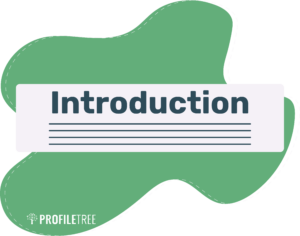
An introduction is always a good idea. It breaks the ice between the reader and the article they just met. A good introduction is around 15-18% of the content, 150-180 words for a 1000-word article. It should also outline what you offer the reader in this article.
Paragraph Length
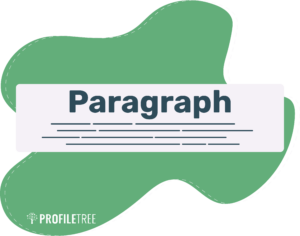
No one wants to read a one-piece, 1000-word article; it’s exhausting for the eye. Try to separate your ideas into paragraphs under 150 words; you can do that by creating a theme or idea for each paragraph in your head and then building the paragraph from there.
The contrast isn’t any easier either; if it’s not poetry, don’t put every sentence or two in a separate paragraph. Like content length, you shouldn’t constrain yourself with upper and lower word count limits; ultimately, do what serves your topic best.
Headings

For a smoother reading experience, you must compartmentalise your ideas and serve them under relevant headers. You start to lose focus after 300 words, give or take. Separating with headers gives the brain a wake-up signal, telling it something important is coming: focus!
Quality content is only half of the equation, maybe even less than half; the rest is presenting it attractively. Showmanship is important in keeping your readers happy and loyal. If you click a link for an article and it’s dull and not enticing enough to finish, chances are you will skip that source in the future, even if it’s the first link on the first page.
Content length is one of the things that search engines consider before deeming you worthy of the viewers’ clicks. Search engines don’t tell you how to write your articles; what they care about is what’s relevant to the reader, which is also what you should be concerned with most.
When it comes to content creation for SEO, how long should your copy be? Recent studies reveal there is no universal “ideal” length. The right count depends on your goals and topic complexity.
This guide will walk through factors impacting optimal length and strategies to boost rankings with your content.
Why Length Matters For Rankings
Longer content, when done right, tends to outperform shorter posts. Key reasons why:
- Increased potential for relevant keywords and semantic search signals
- Ability to deeply cover every aspect of a topic
- Lower bounce rates from providing ample value upfront
- Added trust and authority from comprehensive content
But quality trumps quantity. Unnecessarily long content with fluff performs poorly. Follow best practices to optimize any length.
Recommended Length By Format
While topic-specific, these general word counts maximize search performance:
- Blog Posts: 1,000 – 2,500+ words
- Guides/eBooks: 2,500 – 10,000+ words
- Homepages: 300 – 500 words
- Product Pages: 500 – 1,000 words
- Category/Topic Pages: 800 – 1,500
Paragraphs should be 3-5 sentences max. Break up longer sections with subheadings, bullet points, and bold text.
Adapting To Topic Complexity
Word count targets also depend on your topic. For example:
- Simple topics like “best pizza ovens” may only need 1,000 words or less
- Complex topics like “SaaS customer retention strategies” require 2,000+ words
Conduct keyword research for clues. If you see multiple high-volume keywords, increased length is needed to address them all.
Maintaining Quality At Length
Writing long-form content while keeping readers engaged takes skill. Use these techniques:
- Follow logical structure and outline
- Divide topics into sections and chapters
- Include useful headings and subheads
- Insert relevant images, charts, or videos
- Close with key takeaways and a summary
Well-organized, scannable content makes length less daunting.
Optimizing Any Length
No matter your word count, these principles boost search rankings:
- Seamlessly work primary and secondary keywords into the copy.
- Link out to authoritative sources.
- Include multimedia elements
- Write for readers first while optimizing for SEO second
- Follow on-page SEO best practices
Start Ranking With Optimized Content
With the right approach, long-form content can help dominate search results and outperform the competition. But shorter posts have their place, too.
Use this guide to determine the ideal length for your goals and implement SEO best practices at any word count. To accelerate results, leverage our expertise in creating strategic, optimized content that ranks.
For more information, get in touch with us here.
Content-Length Frequently Asked Questions
Q: Is longer content always better?
A: Not always. Quality trumps quantity. Unnecessarily long content with fluff performs poorly. Only go longer if you can maintain useful info.
Q: How much longer should I make existing short posts?
A: Expand them incrementally, starting with 25-50% more words. Then, continue lengthening and optimizing over time based on performance data.
Q: What if my topic doesn’t need thousands of words?
A: That’s fine! Follow the general guidelines but focus on providing the depth your topic warrants concisely vs. unneeded length.
Q: Do you have any tips for writing long-form content efficiently?
A: Outline first, break it into sections, and set a reasonable daily word count goal. Reuse and repurpose existing content where relevant.
Content-Length Conclusion
Content length should be adapted strategically based on topics, keywords, and goals. While long-form content has advantages, quality trumps quantity.
Use this data-backed guide to optimize both short and long posts. Structure content for scannability, seamlessly work in keywords and follow best practices.
Producing strategic, authoritative content tailored to rank takes experience. Our team can handle content creation while you focus on running your business—partner with us to accelerate results.


